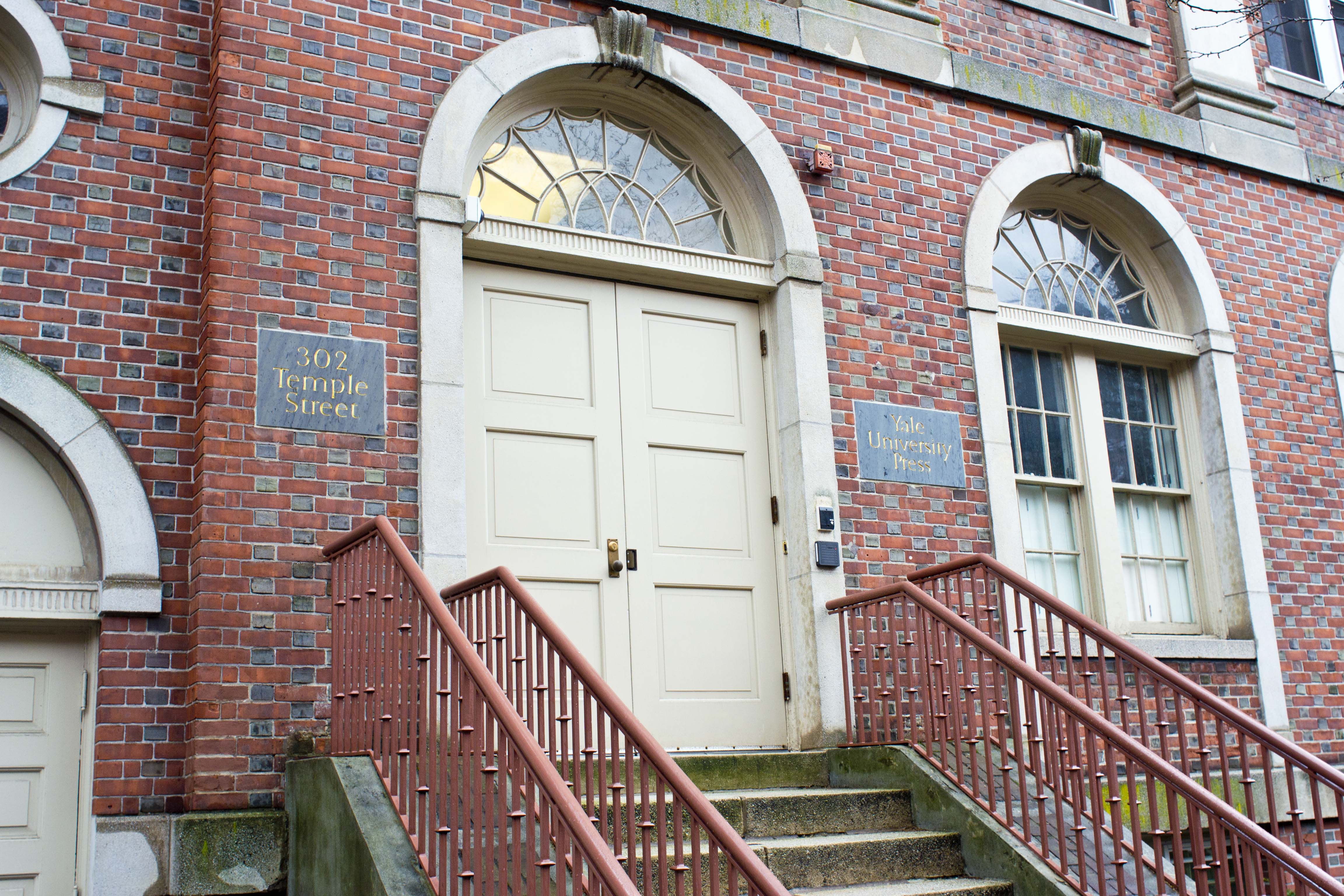
Harvard, Yale and Princeton are commonly known as the “Big Three,” but for booksellers, that moniker will soon change.
Beginning in the spring 2017 bookselling season, Yale University Press, Princeton University Press and MIT University Press will launch a collective sales team. The cohort will represent all three presses to independent and museum bookstores. The change comes following a decision by Harvard University Press to leave its partnership with Yale and MIT, a move made in part due to the retirement of several sales representatives. Harvard University Press will be joining Columbia, while Yale and MIT have opted to join with Princeton, with sales reps from the three presses saying the institutions complement each other well.
“Yale University Press is one of the largest presses along with Princeton, University of Chicago and Harvard, and there are very few presses outside of us that are independent,” Yale University Press Director John Donatich said. “On the negative side, we have to bear all the costs of being independent, and this is a way of solving that problem while keeping our editorial independence.”
By coming together, each of the presses will reduce the costs they otherwise would have incurred by working independently. Yale University Press Sales Director Jay Cosgrove said each press can support the other two by pooling together and sharing the costs of sales. Donatich added that the partnership also offers efficiencies of scale similar to how other publishers operate when they consolidate. When sales representatives present inventory to potential buyers, such as independent bookstores, they will be offering a unique combination of Yale, MIT and Princeton works all together, Donatich said.
The change, which was approved in March, was partly spurred by the similarities between the presses. Princeton University Press Director of Sales Timothy Wilkins said that due to the nature of the three publishing programs, there is a lot of complementarity between the books that Yale, Princeton and MIT publish. He cited Yale University Press’s strength in art history as an example, adding that this speciality would work well with Princeton’s edge in natural history works.
“The point of creating this joint venture is to overcome our own size limitations and gain an economy of scale by sharing the costs, experience and expertise of the sales reps across three presses,” Wilkins said. “It would be a problem for us if we did not have the combined size of the three presses together.”
Wilkins said each of the three presses will have joint ownership over the three-person sales team and will manage the group by mutual consensus. Despite the new arrangement, each of the presses will still independently sell their accounts in bulk to large chains like Barnes & Noble as well as Amazon, as is common for many other university presses.
Prior to the partnership, Yale, Harvard and MIT Presses jointly operated a distribution warehouse in Rhode Island. Harvard University Press will be signing on with Columbia University Press for a selling season beginning in September. Harvard University Press Director of Sales and Marketing Susan Donnelly said Harvard University Press’s sales partnership with Columbia University Press will be largely run by Columbia — Columbia will manage the sales group and Harvard will simply be represented by it.
“Like all businesses, we thought it would be a good time to make some tweaks to that channel of independent book stores and museum stores,” Donnelly said. “It was a moment of change for the four presses in question.”
The sales representative group is comprised of David Lepere and Patricia Nelson, with a third person yet to be decided. Cosgrove said members of the group are not employed by an individual press. Nelson said that she is the publishers’ representative in the West, which includes the Northwest, Southwest, the Rockies and California regions. Lepere will cover the Mid-Atlantic and Northeast while the final member will be in charge of the Midwest. Cosgrove added that the presses hope to have the final member selected by July.
Yale University Press, which is financially and operationally independent of the University, was founded in 1908 and became an official Yale department in 1961.







